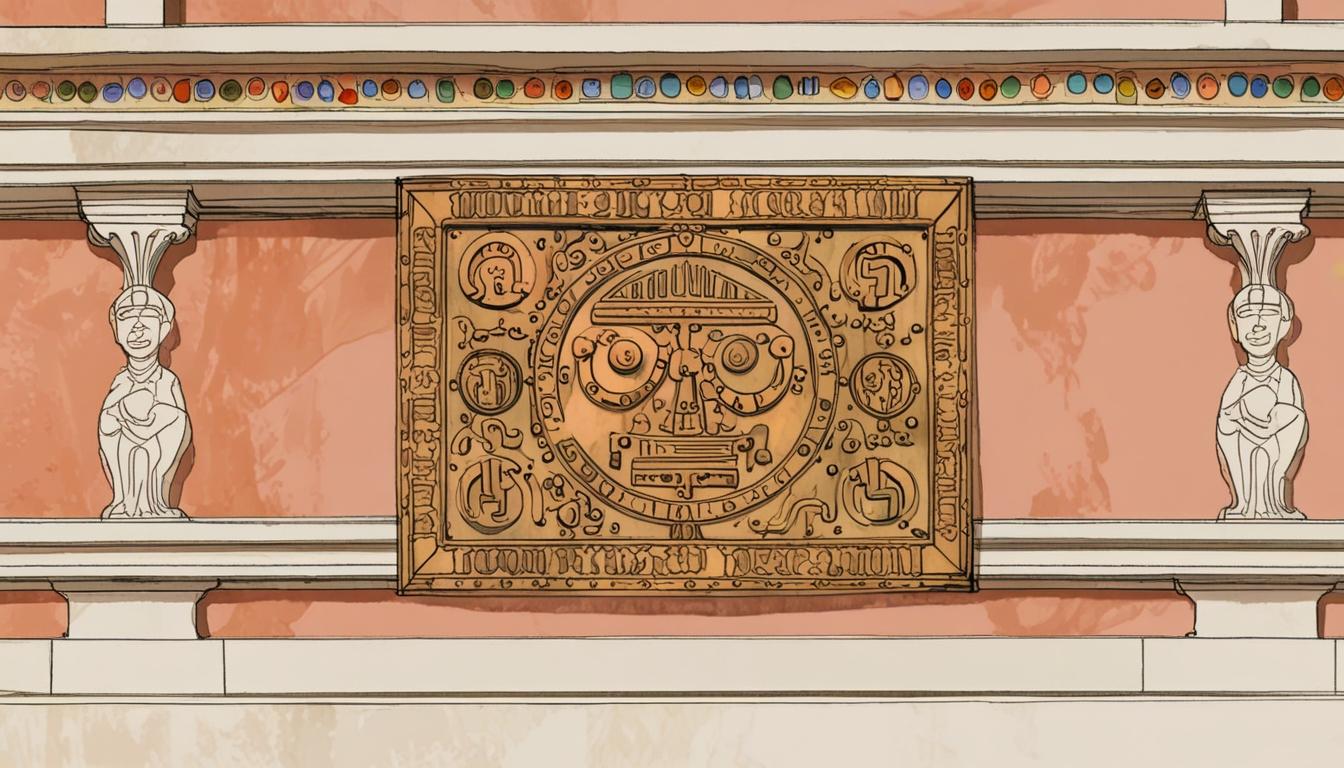In a recent report, Sir Trevor Phillips, the former head of the Racial Equality Commission, has put forth a controversial stance regarding the restitution of the Benin Bronzes. Speaking to The Times, Phillips asserted that the case for the return of these artefacts to Nigeria is "weak." This assertion comes amid increasing pressure on the British Museum and other institutions to return culturally significant items to their countries of origin, particularly following moves by Oxbridge and Cambridge universities in 2022 to return over 200 of their Benin Bronzes.
Crafted in Nigeria in the 1500s, the Benin Bronzes were taken by British troops in the late 19th century, specifically during the punitive expedition of 1897. The collection includes around 5,000 plaques and sculptures that have been the focal point of ongoing debates about colonial artefacts and their rightful ownership.
Sir Trevor’s report, co-authored by a group of scholars, titled "Principles of Restitution," brings forward a range of arguments regarding the claim for restitution. The report highlights that the legitimacy of claims for the return of these artefacts varies significantly, shaped by "highly disputed" historical and political narratives. It points out that those advocating for the bronzes to remain in the UK argue there is a risk that their return to Nigeria could lead to possible damage or confinement in private collections.
Moreover, the report poses that the descendants of those enslaved, who traded in the artefacts’ brass, also present a cultural claim to the bronzes. This adds a layer of complexity to the discussion, suggesting that the matter is not solely about the artefacts' original home but also about the broader historical context of their creation and ownership.
The report additionally brought attention to a legal loophole that could allow the Elgin Marbles, another contentious collection housed in the British Museum that consists of ancient Greek sculptures, to potentially be returned to Greece. It noted that museums are more likely to consider returning artefacts if there appears to be a "moral obligation" to do so, a situation complicated by the need to weigh the significance of items to the institutions hosting them against the public accessibility and educational value they provide.
Sir Trevor Phillips' findings articulate a perspective that frames discussions of restitution within a context riddled with political implications and differing interpretations of historical narratives. The report cautions that discussions around the return of artefacts, like the Benin Bronzes, are often muddied by moral judgments about rightful ownership, revealing a landscape fraught with contested claims and varying viewpoints among nations and communities.
Source: Noah Wire Services
